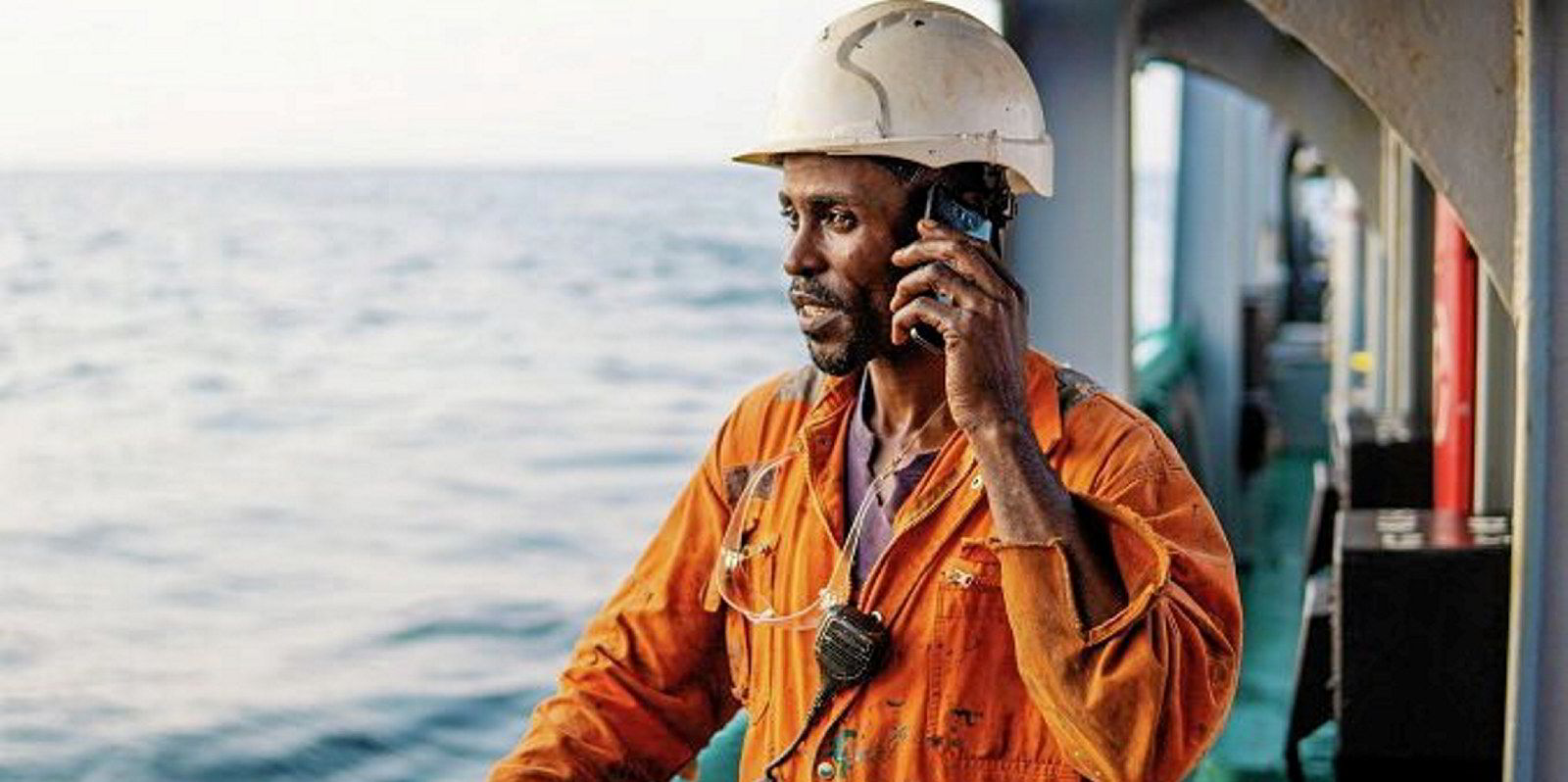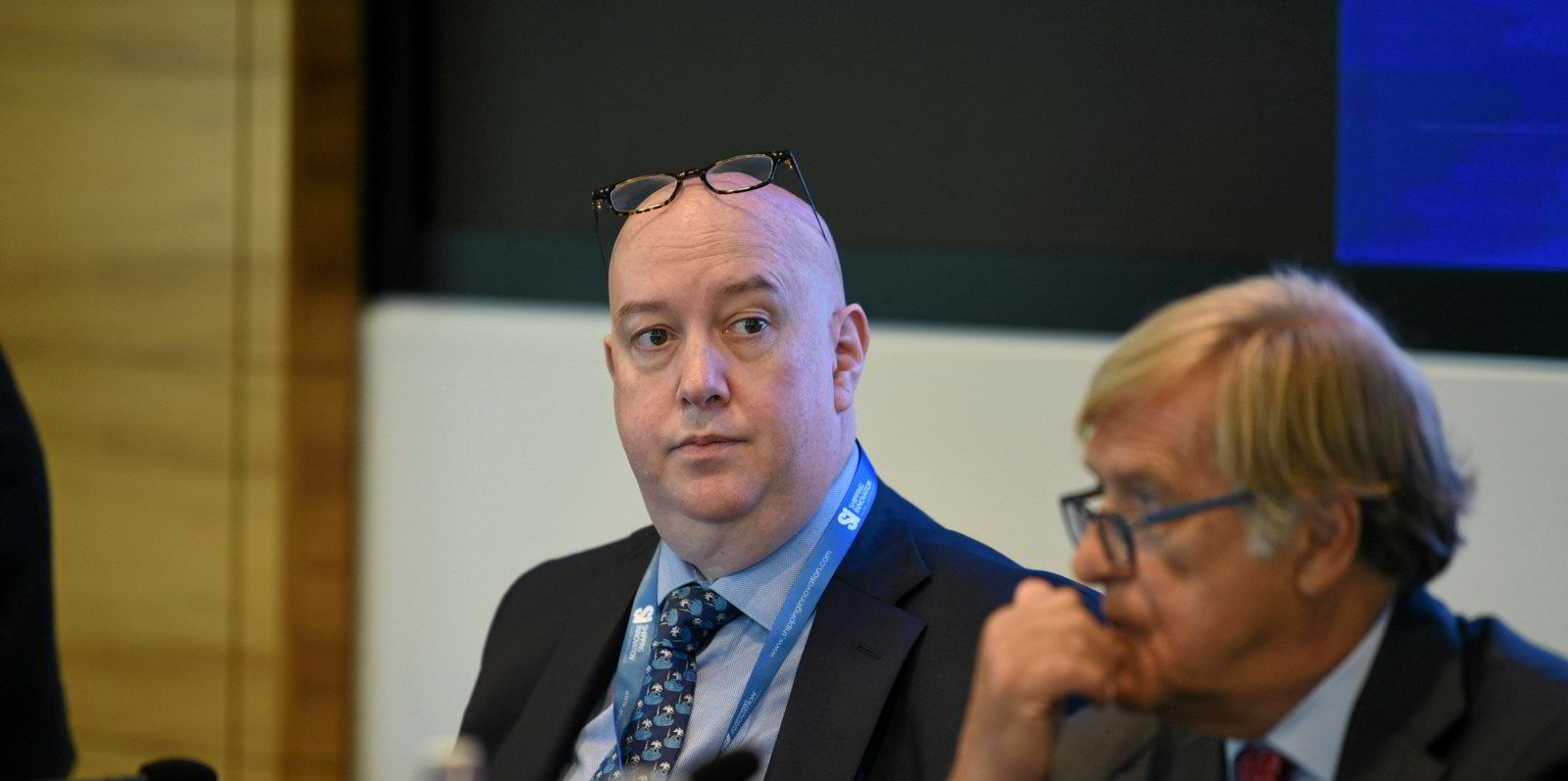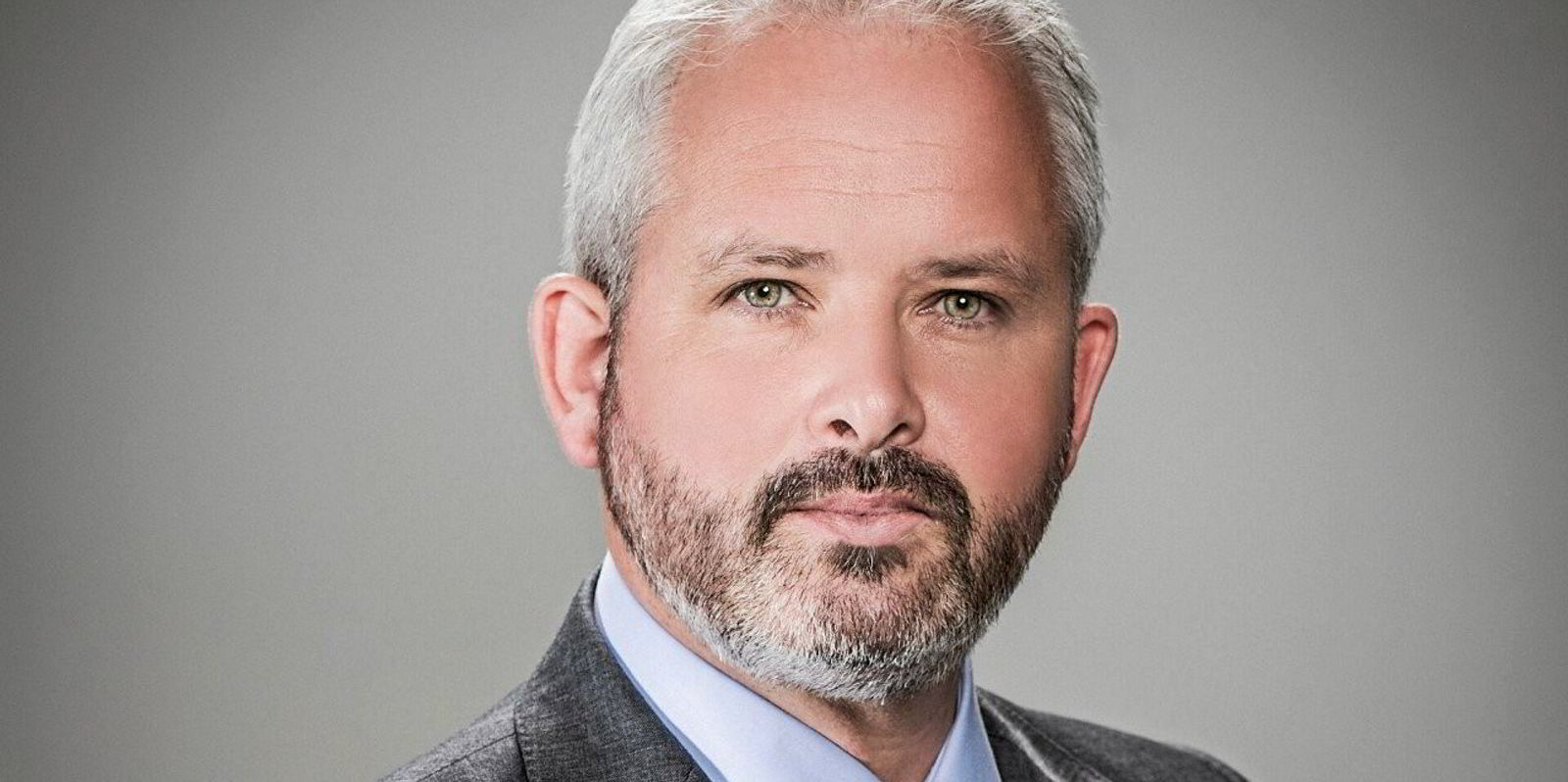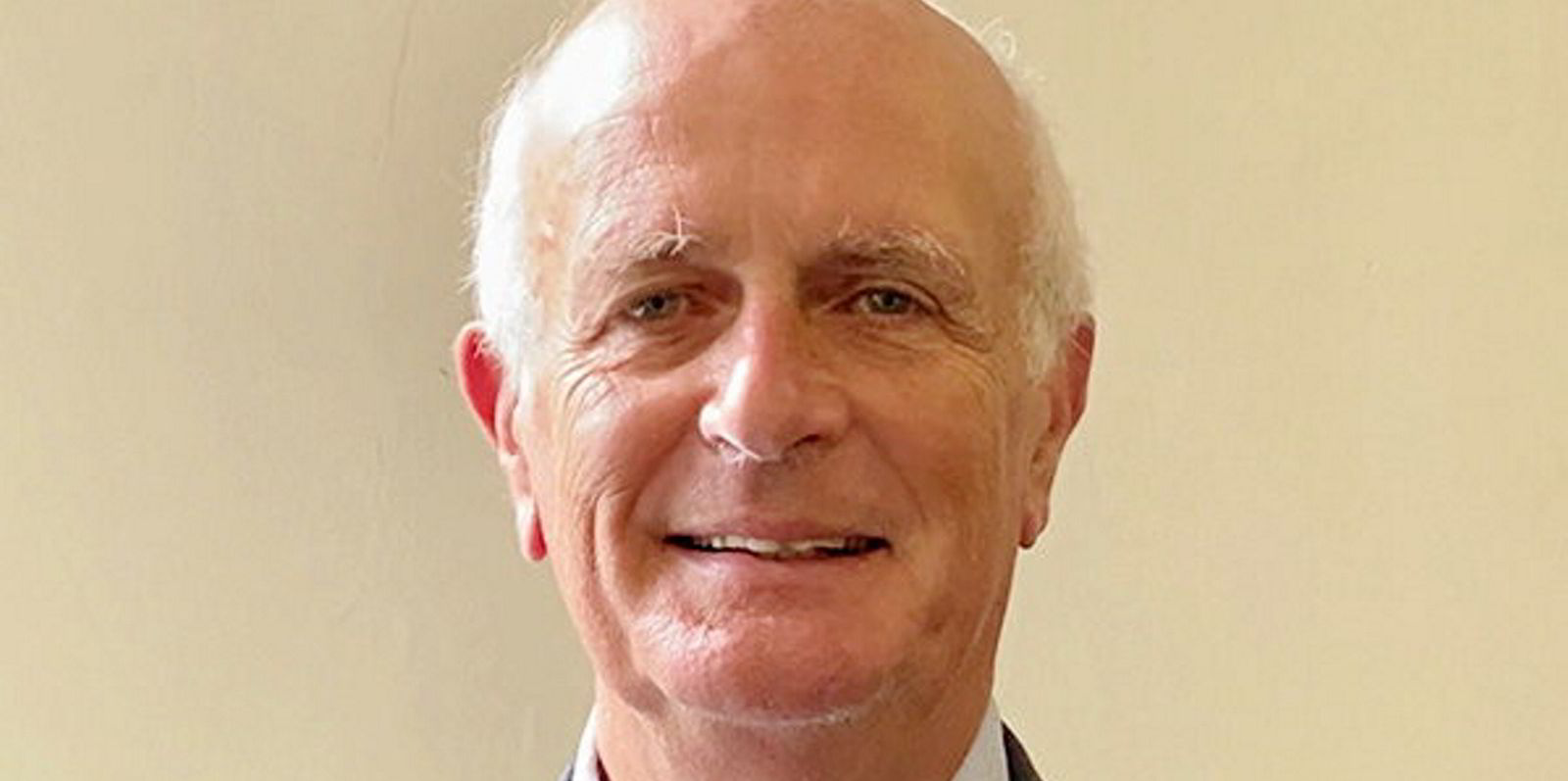Seafarers are facing a perfect storm as crews exhausted by Covid-19 restrictions come under renewed piracy threat around the world.
Experts at global law firm Ince Group are increasingly concerned about the effects on the mental health of crews as a result.
Global senior partner Julian Clark told TradeWinds: "Over the last three or four months, I've just started to get a feeling piracy is kicking off again.
"It's getting worse in West Africa, you're starting to see piracy in the Far East again, and in the Gulf of Aden."
Clark and Ince partner Rachel Butlin, a personal injury claims specialist, have been doing a lot of work in relation to the pressure on crews.
"What we're seeing is a massive rise of mental health issues and how that's impacting on concentration, on the ability to do the perilous job that they do," Clark said.
Perfect storm
"It suddenly dawned on me, 'Oh my God, what a perfect storm this is going to be'."
If pirates target a ship whose crew are already exhausted and over-contract because of Covid-19, there is a heightened risk of not being able to prevent and evade the attack, but also there is the question of what happens to the crew if they are seized.
"On top of all the trauma you have of being a hostage, you're doing that on the back of having been on the ship for a year and not having been back to see your family and all the isolation through Covid," Clark said.
Butlin has been examining how the Maritime Labour Convention) would help in these situations.

"It simply doesn't," she told TradeWinds. "Rights are set out, but they will go out the window when you have a hostage and a piracy situation."
Crew members have a right to repatriation at no cost to them when their contracts expire.
In the UK, owners can be fined £5,000 ($6,750) if they have not complied as soon as is practicable, but this will not apply if governments do not allow crew changes.
Owners are trying to do "their absolute best", Butlin said, following Best Management Practice 5, but more funding is needed, as well as making crews aware of all the facilities providing them with opportunities to talk about their situation.
"One of the key points to helping seafarers generally is knowing that they're going to have a uniform way of being treated around the world," she added.
Ince is working with the Sailors' Society and The Mission to Seafarers to tackle the issues. Several protection and indemnity clubs and the International Seafarers’ Welfare and Assistance Network are supportive of this work as well, the lawyers said.
"It's very difficult when you only have 25% to 30% of crew changes happening anyway," Butlin said.
"We've had a lot more calls in terms of general welfare issues. It's all about communication with your crew."
Julian Clark said the international approach to piracy in the Gulf of Aden was clearly effective in the last decade, but there is work to be done in West Africa.
"I hope we can sort something out in Nigeria, but there's a huge set of underlying political problems," he added.
"You've got to come up with a land-based solution. It's really complex, trying to identify what the drivers are, whether it's political, criminal gangs or local factions.
"It's like trying to put together a very complicated jigsaw puzzle."
And Clark warned owners to deal only with experts in hostage situations.
"Please do not go to some bloke or woman that says, 'Oh, I know all about it', because this is people's lives. Make sure you're dealing with the right people. The only people who can do negotiations are professionals."






